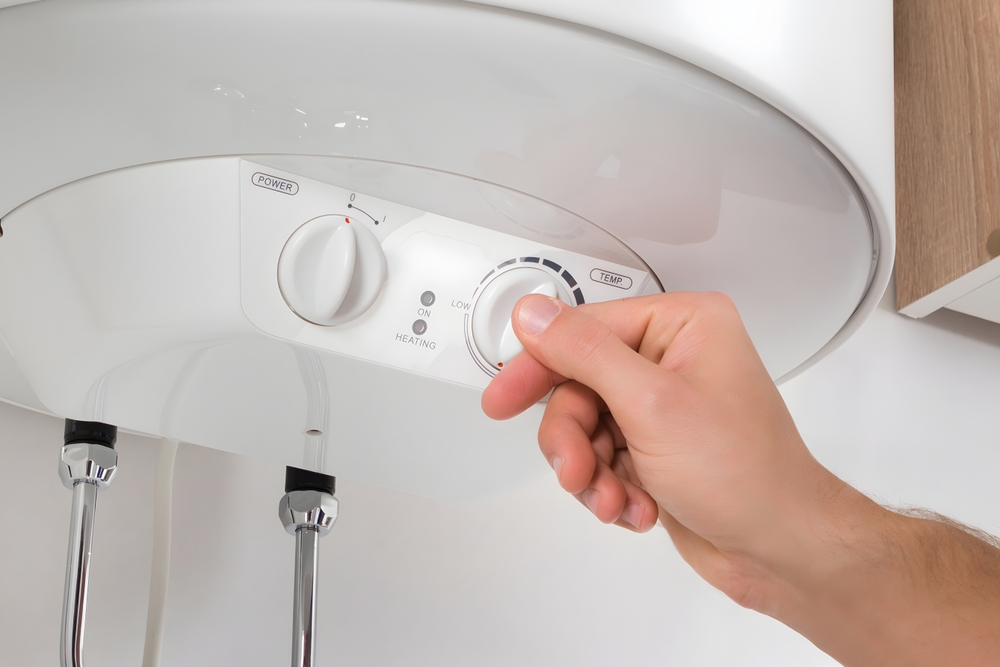A boiler breakdown is everyone’s nightmare. It can leave you suddenly without heating or hot water, usually at the worst possible time. But how serious – and expensive to fix – is the problem?
Many common issues can be repaired, possibly through the replacement of a defective component. Others may spell the end for your current boiler, causing you to spend thousands of pounds on a new one.
Below, we’ll look at when to replace your boiler, and when to simply call in a boiler repair professional.
What Kinds of Boiler Problems Can Be Repaired?
The following are all relatively minor problems that can be repaired, without the need to replace the boiler:
- Issues with high or low water pressure
- Small replacement parts, such as installing a new automatic air vent, overheat thermostat or printed circuit board
- Water leaks in modern boilers (in older boilers, these can be much more difficult to fix, and replacing the boiler could be a better solution)
- Poorly heating radiators.
To find out what’s wrong with your boiler, you can try some simple steps such as bleeding your radiators or topping up the boiler pressure. See if either of these resolves the issue, and call in a heating engineer to take a look if not.
You shouldn’t attempt any other boiler repairs yourself, or try anything you’re not confident in. Always call in the professionals if unsure.

When Should Your Boiler Be Replaced?
Repairing a boiler is often the most cost-effective solution, compared to buying and installing a new one. But it depends on what’s wrong, and how old the boiler is.
Generally speaking, if your boiler is over 10 years old, replacement is recommended – especially if a fault occurs. Older boilers are much less efficient than modern ones, so it may be a more cost-effective choice to get a new one rather than spend money on boiler repairs.
There’s also the likelihood that your old boiler will develop more and more faults as time goes on. This could cost you a small fortune in repairs.
For newer boilers, there are some faults and problems that either can’t be repaired or would be prohibitively expensive to fix. This can make replacement the better choice from a financial point of view.
If your boiler develops any of the following, you may need to replace it:
Problems With Combustion
This is a real safety concern, posing serious risks such as fire or explosion, and carbon monoxide leaks. If you notice signs of soot on or around your boiler or the pilot light blowing out a lot, call in a Gas Safe engineer as a matter of urgency.
Heavy Corrosion or Rust
Boiler parts can corrode over time, largely due to debris, impurities and the acidity of the water running through it. Annual servicing can help to prevent this. Corrosion can cause the efficiency of your boiler to plummet, and can require extensive repairs. So, it might make more sense to simply replace the boiler.
A Dangerous Flue
As part of annual servicing, the flue along with the boiler will be thoroughly inspected. All modern boilers have an inspection hatch that can be used for this purpose.
If yours doesn’t have this or has a flue concealed behind a ceiling or wall, it doesn’t meet Gas Safe regulations. A heating engineer will mark it as “at risk” because it can’t be properly inspected.
To resolve this, you may need to move the boiler or fit an inspection hatch, or both. If the work required is too expensive, a replacement boiler could be a more cost-effective alternative.
Of course, you should call a certified Gas Safe engineer in to take a look and diagnose the problem before taking any action. The problem may not be as bad as you think, and repairs may be possible.





